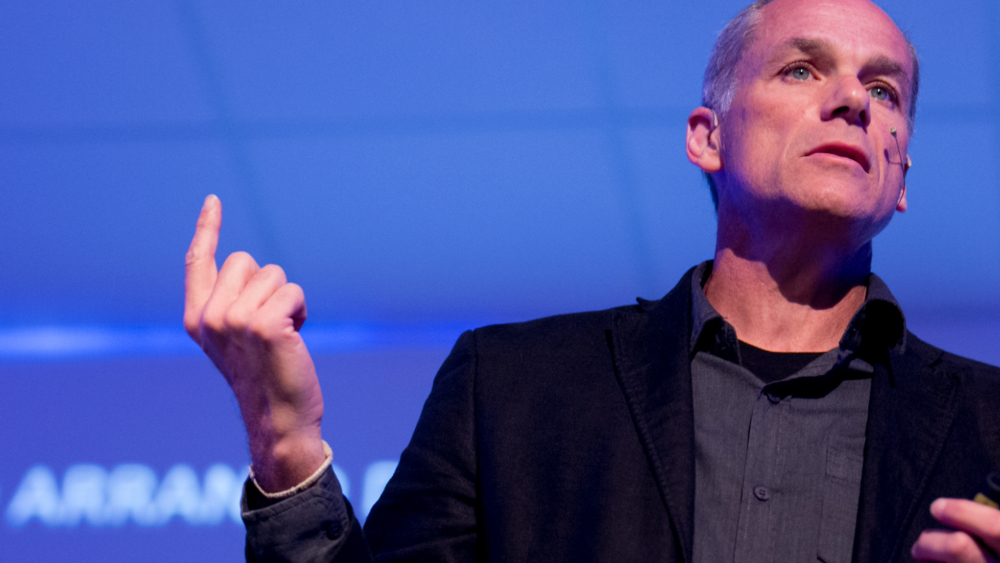We can't prove God doesn't exist, says award-winning scientist
Renowned physicist claims Templeton Prize and the “mystery of who we are”
The often-held view that science and religion don’t mix has been challenged again this week by the winner of this year’s prestigious Templeton Prize.
Marcelo Gleiser, a 60-year-old Brazilian professor of physics and astronomy at Dartmouth College in the United States, was awarded the prize – worth almost $US 1.5 million – for his contribution to “to affirming life’s spiritual dimension” through science.
He shares the honour with 48 previous Templeton Laureates, including Mother Teresa, who received the inaugural award in 1973, the Dalai Lama (2012) and Archbishop Desmond Tutu (2013).
Although a self-confessed agnostic, Gleiser is described on the Templeton Prize website as “a leading proponent of the view that science, philosophy and spirituality are complementary expressions of humanity’s need to embrace mystery and explore the unknown.”
In accepting the award, he expressed his belief in “mysterious” dimensions to our universe that go beyond scientific explanation.
“The path to scientific understanding and scientific exploration is not just about the material part of the world,” he said in a video on the Templeton Prize site.
“My mission is to bring back to science, and to the people that are interested in science, this attachment to the mysterious. To make people understand that science is just one other way for us to engage with the mystery of who we are.”
Gleiser has received international acclaim for his many books and essays that explore the origins of the universe, as well as a television series watched by “millions”. While he is not a believer in God, he also doesn’t disbelieve.
Essentially, Gleiser maintains that science cannot disprove the existence of God.
“You may not believe in God, but to affirm its nonexistence with certainty is not scientifically consistent.” – Marcelo Gleiser
He explained his position in an interview with Scientific American last year: “I don’t see evidence for any kind of supernatural being or intervention, but also understand that we are partially blind to what’s out there and hence should show some humility.
“I see atheism as being inconsistent with the scientific method, as it is, essentially, belief in nonbelief. It does not offer any proof of nonexistence as that would be literally impossible through science …
“You may not believe in God, but to affirm its nonexistence with certainty is not scientifically consistent. If you are a nonbeliever, the only position consistent with science is agnosticism.”
In the same way, Gleiser says science also cannot give definitive answers about how the world was created.
“Science can give at most an incomplete answer to the question of the origin of everything … Science popularisers often get carried away and present ideas that are grounded on speculation as a done deal. We must be very careful with that,” he told the Scientific American.
He added that “trying to equate science with some kind of new religion” is “a grave mistake, in my opinion.”
“People can call the mysterious many different things.” – Marcelo Gleiser
While Gleiser’s theories may still be far from a biblical understanding of a creator God, he has opened a door for conversations about the boundaries of human knowledge and the possibility of the divine.
“Interesting science is always done at the fringes of knowledge – it is really at the boundary of what is known and what is unknown,” he said in a discussion titled “Leap of Faith: Finding Common Ground Between Science and Religion” on the BBC World Service program The Forum.
“People can call the mysterious many different things, and I think that’s where perhaps there is a sense of convergence in the unknown.”

